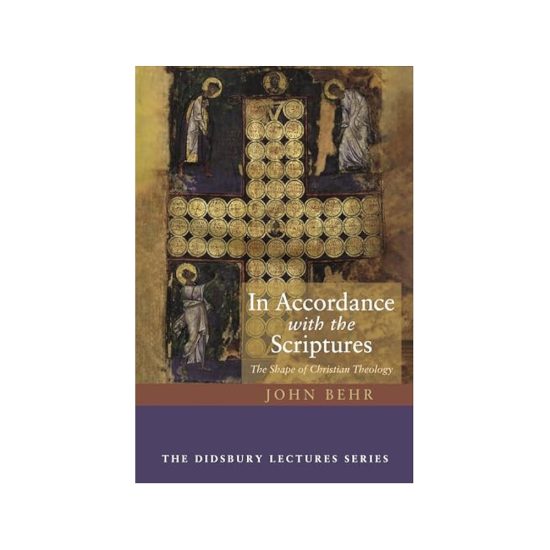When I drive long distances, I get tired. Several years ago, a coworker suggested books on tape, which not only keep me awake behind the wheel, but help me experience some of my favorite authors.
Eventually, I discovered another benefit: the readers.

Ken Satterfield
|
Although most movies or plays will feature a host of actors, typically a book on tape consists of one person representing all the characters.
Jim Dale, who narrated the Harry Potter series, created more than 350 separate voices alone.
As a result, readers can practically be as important as the author. I can't imagine Sue Grafton's novels without listening to Judy Kaye, or Lisa Scottaline books not read by Kate Burton, because they capture the main characters so well. I look forward to discovering titles with certain voice actors like Richard Ferrone and the late Frank Muller.
I've developed preferences. I first was attracted to Stephen White novels by Michael Kramer's reading, but now that they feature Dick Hill – whom I cannot listen to – I've gone back to print.
You can discover more about many readers at AudioFile Magazine (tinyurl.com/narrator1) or Books on Tape (tinyurl.com/narrator2).
One of the most familiar books is one we hesitate to speak aloud – the Bible.
Paul instructed Timothy: "…devote yourself to the public reading of Scripture…" (1 Timothy 4:13). Most in the early church couldn't read so they had to listen.
Today, how many read the living word of God with all the intensity and gusto of a grocery list or income tax instructions?
Ron Higdon, who taught my seminary exit class, encouraged students to let Scripture come alive. He told the story of a professor who would ask classes to read aloud the Christmas story from Luke.
The professor would interrupt the reader with questions designed to inject new life in overly familiar passages: Where is the awe at Jesus' birth? When the angel says, "fear not," does the way you raised your voice actually have the opposite effect? Is there joy when you share the message of the multitude of angels?
Even secondhand, the story still affects how I hear and read this passage.
Many Bible readers and dramatic ensembles can be heard at FaithComesByHearing.com and BibleGateway.com/resources/audio.
Some readers have beautiful voices but are so polished the message seems remote.
Others are dramatic to the point of distraction. It is tough to follow some translations.
Listen to several and no doubt you will find voices that are more inviting than others.
If you'd like to try your hand (or voice) at reading public domain works, visit LibriVox.org.
While you may not contemplate a professional reading career, you can let the Bible come alive for all ages in classrooms and in worship by reading with these tips:
- Review and reflect on a passage before reading aloud.
- Practice with the Bible version you will use.
- Be ready for unfamiliar names and places.
- Ask ahead for pronunciation help.
- Use text that can easily be read or make an enlarged copy.
- Vary mood and inflection, speed and volume, even voicing.
- Utilize punctuation.
- Be dramatic without being melodramatic.
- Speak clearly.
- Try to avoid assigning Scripture to those who struggle with reading.
Reading and hearing Scripture are a vital part of worship. Take the opportunity to help it live and breathe for others when you read it well aloud.
Ken Satterfield is advertising coordinator for Word&Way.






